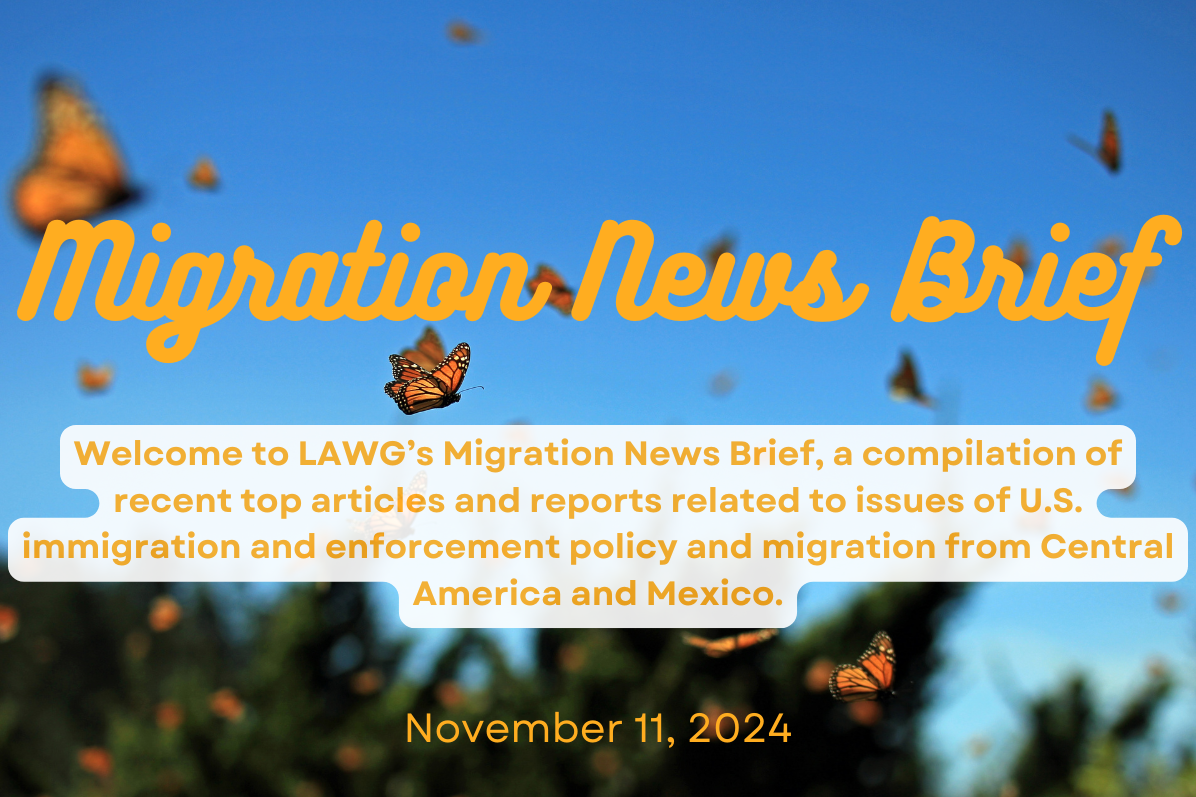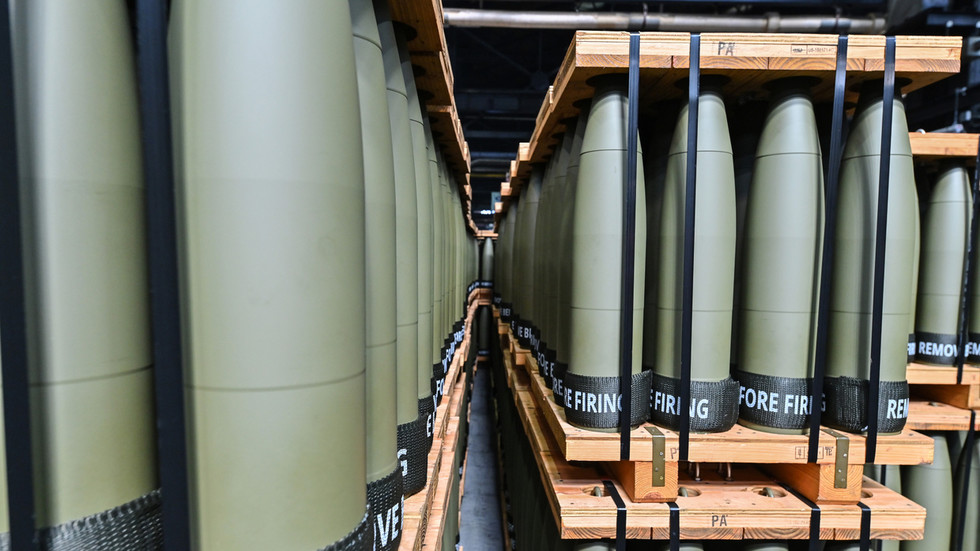The Kremlin is adept at exploiting any opportunity to weaken Europe from within. Every challenge Europe faces is seen by Moscow as a potential opening. With illegal migration being one of Europe’s main vulnerabilities, Russia seems intent on pouring salt into the wound, deepening the issue.
Following the principle “the worse it is for Europe, the better it is for us,” Vladimir Putin uses illegal migration from third countries as a tool to destabilize Europe and disrupt its political landscape.
Europe’s Vulnerable Eastern Border
Recent events along the eastern borders of Poland, Lithuania, and Finland—where border crossings with Russia were recently closed due to a surge of migrants, mostly from the Middle East and Africa, entering without proper visas and documentation—illustrate the strain. Aggressive incidents involving migrants on Europe’s eastern frontier have become more frequent over recent years.
In late May, Polish Prime Minister Donald Tusk warned that Russian actors were planning to illegally smuggle thousands of African migrants into Europe. He noted that over 90 percent of those recently detained crossing into Poland illegally had Russian visas in their passports.
In its recent risk report, the Frontex agency cautioned about the increased likelihood of migrant instrumentalization by Russia and Belarus, due to their hostile stance toward the West and diminished interdependence.
EU law defines migrant instrumentalization as a scenario where a state “encourages illegal migration flows…by actively supporting or facilitating” movement to the EU’s borders with the intent to “destabilize” the EU or one of its member states, including threatening its “territorial integrity, public order, or national security.” Russia’s current actions clearly meet this definition.
The Overlooked Role of Wagner Mercenaries
Unfortunately, little attention has been paid to Russia’s use of its presence in Africa to exacerbate migration challenges. Sergei Sukhankin, senior fellow at The Jamestown Foundation and an advisor for Gulf State Analytics, told the UK’s Telegraph that analysts tend to focus on Russian paramilitary support for African regimes while overlooking the impact on migration. Europe’s tendency to overlook Africa is, in my view, a serious mistake.
The Kremlin influences several key routes across the continent, and Putin has seized on migration as a means of destabilizing Europe. The death of Yevgeny Prigozhin, the leader of Russia’s Wagner Group militia, has done little to alter its mission, which includes controlling migration flows to Europe.
The Telegraph reported on leaked intelligence documents that detail Russian agents’ plans to create a “border police force of 15,000 men” from former Libyan militias to control the flow of migrants.
Although earlier plans to create a Libyan militia supposedly fell through when payments intended via the “Russo-Libyan Cultural Institute” in Moscow never materialized, Wagner mercenaries have remained entrenched in Libya’s civil war, fighting on behalf of Russia’s ally, General Khalifa Haftar, since at least 2019.
Migration Fueled by Wagner’s Violent Tactics
According to experts, Russian mercenaries fuel migration by intensifying instability and violence in areas of Africa under their control and by physically transporting migrants to borders and supporting smugglers. In the Central African Republic, Wagner mercenaries physically move migrants toward Europe.
Italian Deputy Prime Minister Antonio Tajani revealed that Rome possesses intelligence on mercenaries “working actively with human trafficking gangs and militias interested in smuggling migrants.” His government attributes the recent surge of migrants crossing the Mediterranean to the Wagner Group’s hybrid warfare tactics.
The largest increase in migrants last year was along this central Mediterranean route. Frontex reported that, in 2023, illegal border crossings reached a high of 380,000, the most since 2016. Adult males accounted for the vast majority, with women and children making up only 20 percent of the total.
The Troubling Presence of Russian Forces
The Central African Republic, a critical location, offers Russian paramilitaries access to Sudan and smuggling routes across Libya. Russian mercenaries are already known to operate in several African nations, including Libya, the Central African Republic, Mali, Sudan, Niger, and Burkina Faso. There’s no doubt that Russia’s presence in Africa has recently intensified.
According to the aforementioned Sukhankin, migration routes are linked to areas where the Wagner Group and other Russian paramilitary units operate. Russia plans to establish a new military base in the Central African Republic, giving it even more leverage over migration routes from sub-Saharan Africa to Libya and, ultimately, to the European Union.
Thus, Moscow uses illegal migration from Africa as a tool for “hybrid warfare,” even actively helping migrants reach Europe’s borders through its control over African migration routes. This approach contributes to Europe’s destabilization, as it can flood specific areas with migrants. Russia’s threat and illegal migration are, in many ways, intertwined.
If the issue remains unaddressed, we can expect further empowerment of extremist or anti-system factions, whose rhetoric and actions often, knowingly or unknowingly, support the Kremlin’s agenda.
Dear reader,
Opinions expressed in the op-ed section are solely those of the individual author and do not represent the official stance of our newspaper. We believe in providing a platform for a wide range of voices and perspectives, even those that may challenge or differ from our own. We remain committed to providing our readers with high-quality, fair, and balanced journalism. Thank you for your continued support.





















Discussion about this post